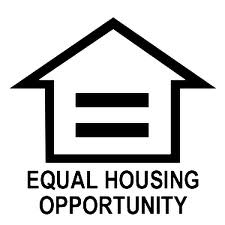Reverse Mortgage FAQ
What is a Reverse Mortgage?
A reverse mortgage is a type of loan that allows senior homeowners, who are age 62 or older to convert the equity in their home into a tax free income while still maintaining ownership of their home or have to make any monthly payments. The reverse mortgage loan is due when the borrower permanently leaves the home or is no longer alive.
What is the Difference Between a Reverse Mortgage and a Home Equity Loan?
The difference between a home equity loan and a reverse mortgage loan is with a reverse mortgage, you do not make any monthly mortgage payments until you leave the home or no longer alive. A traditional home equity loan requires you to make monthly payments to repay the loan. Both loans use the equity in the home.
How Much Do I Need to Make To Qualify For a Reverse Mortgage?
A reverse mortgage does not have any income qualifications since no monthly mortgage payments are made.
Does the Lender Own the Home With a Reverse Mortgage
No! You always maintain complete control over the title of the home with a reverse mortgage. A reverse mortgage is simply just a loan you are taking out.
Can I Owe More Than My Home's Value?
No, you cannot owe more than what the value of your home is worth.
What If I Can't Repay the Reverse Mortgage When It's Due?
A reverse mortgage is considered a "non-recourse" loan. This means, lenders can't seek any repayment from your wages or income, assets or estate. You would simply default on the loan, and the bank would likely take the home. Of course, as you get older, your credit score factors less into your life.
What If I Outlive the Loan Term?
The reverse mortgage lender can't take your home away because you outlive the term on the reverse mortgage loan. A reverse mortgage is only due when at least one borrower lives in the house and keeps all taxes and insurances dues up to date.




